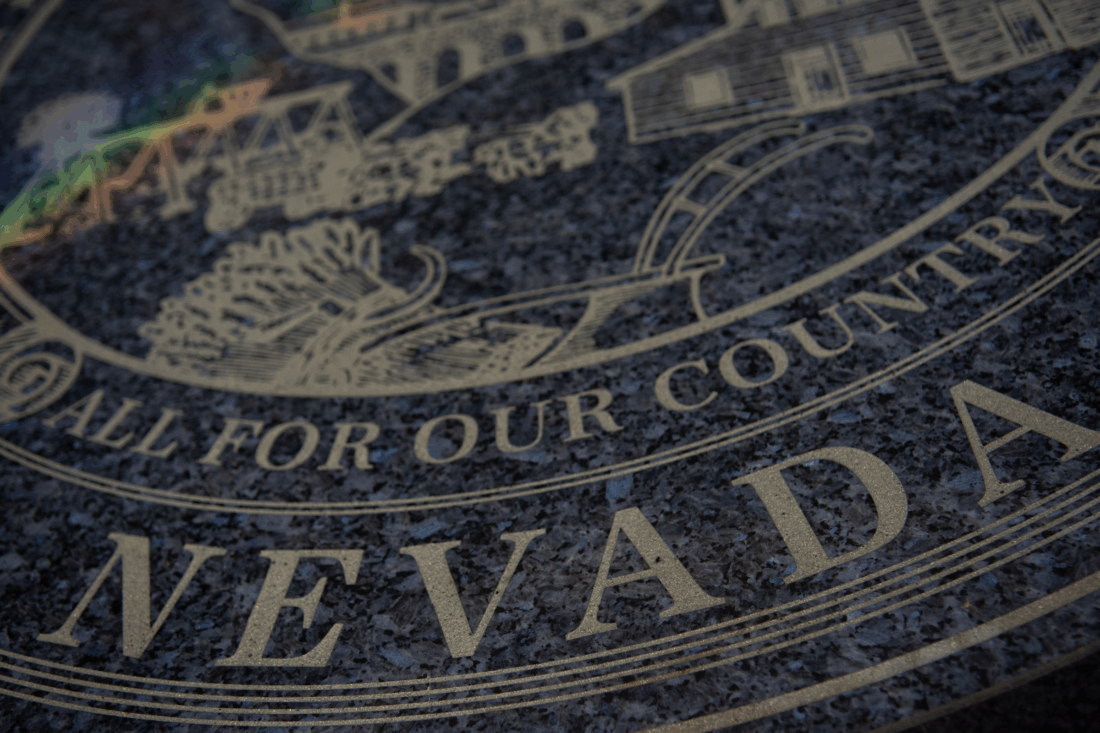If you’ve been hurt in an accident in Las Vegas, you might be wondering how the law in Nevada will affect your personal injury case. Whether you were hit by a car, slipped and fell at a store, or got injured due to someone else’s actions, it’s important to understand how state rules can impact your ability to get compensated.

Nevada law has specific rules that cover how and when you can file a claim, who can be held responsible, and how much money you might receive. Knowing these basics can make a big difference in what happens after your injury.
The Time Limit to File a Personal Injury Case
One of the first things to know is that Nevada has a time limit—called a statute of limitations—on personal injury claims. You only have two years from the date of your injury to file a lawsuit.
If you wait too long and miss this deadline, the court will likely throw out your case, and you won’t get any money, no matter how strong your claim is. That’s why it’s important to act quickly and get help from a Las Vegas personal injury attorney if you think you have a case.
Who’s at Fault? Nevada Follows the “Comparative Negligence” Rule
Nevada uses a rule called modified comparative negligence to figure out who is responsible in personal injury cases. This means that more than one person can share the blame, including you.
Here’s how it works:
- If you are less than 51% at fault, you can still get money.
- But the amount you receive will be reduced based on your share of the blame.
- If you are 51% or more at fault, you cannot recover any money at all.
Example: If you’re found to be 30% at fault in a car accident and your total damages are $10,000, you would only receive $7,000.
This rule makes it important to have solid proof to back up your side of the story. Police reports, medical records, and witness statements all help show who was really at fault.
Damages: What You Can Be Compensated For
In a Nevada personal injury case, you can ask for two types of damages:
- Economic Damages
These are the out-of-pocket costs related to your injury, such as:
- Medical bills
- Lost wages
- Future medical care
- Property damage
- Non-Economic Damages
These cover pain and suffering, emotional distress, or loss of enjoyment of life. These are harder to measure in dollars but are just as real.
In most personal injury cases, Nevada doesn’t cap (or limit) the amount you can receive—unless it’s a medical malpractice case, where limits do apply.
What If You’re Dealing with an Insurance Company?
Insurance companies are not on your side. They often try to settle quickly and for the least amount of money. Once you accept a settlement, you usually can’t go back and ask for more, even if your injury gets worse.
A Las Vegas personal injury attorney can step in to deal with the insurance company and help you avoid lowball offers. They’ll review your medical records, calculate fair damages, and fight for what you’re owed.
Special Rules for Government Claims
If your injury involves a government agency—like getting hurt on city property or in an accident with a city vehicle—you’ll need to follow a different process. You have to file a formal claim with the government first, and you have much less time to do it—usually six months.
Missing this step can ruin your chance of getting any compensation. Government rules are strict, so legal guidance is almost always necessary.
Don’t Let Legal Confusion Cost You
Getting injured in Las Vegas is stressful enough without having to worry about legal deadlines and confusing rules. Nevada law has its own way of handling personal injury cases, and small mistakes can cost you big money.
If you’re unsure about your next steps, it’s smart to speak with a Las Vegas personal injury attorney. They know how local laws work and can help you get the best possible outcome. Don’t wait too long—your health and your claim both depend on timing.
Would you like help finding a reliable attorney in Las Vegas?



